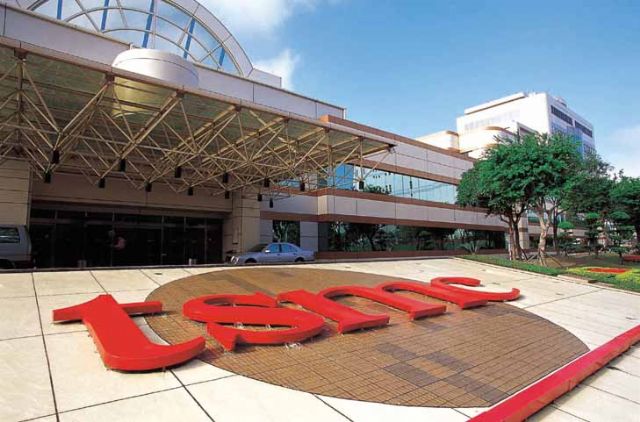TSMC of Taiwan Expected to Lead Intel in 10nm Process Rollout
2016/03/07 | By Ken Liu
Intel Corp., reportedly the world’s No.1 chipmaker by revenue, will lag behind Taiwan Semiconductor Manufacturing Co. Ltd. (TSMC) by one to two quarters in making 10-nanometer process technology available for mass production if it manages to introduce the advanced chip-making technology by the second half of 2017, according to Taiwan’s industry executives.
In recent years, Intel, whose processors are typically seen as superior to make Intel-integrated digital devices relatively higher priced, has continually been reported as the top dog in the competition for supremacy in the advanced chip-processing technology roadmap against TSMC and Samsung Electronics Co., Ltd.
The time to market of their advanced process technology usually decides a chip maker's chance to win major orders from heavyweight customers including Apple Inc., Qualcomm Inc., and MediaTek Inc. For instance, TSMC lost some A9 processor contracts from Apple to Samsung for being behind the Korean rival in introducing commercialized 16nm process.
Recent news report says that Intel is interested in competing for Apple’s foundry contracts for the next-generation microprocessor designed on 10nm process rule.
Although Intel has yet to announce its 10nm process plans, online media The Motely Fool reports that the Intel PR unit has announced the company’s first 10nm product is planned for the second half of 2017.
Intel’s plans to roll out in 2017 10nm products mainly composed of the microprocessor series dubbed Cannonlake, the Icelake series by 2018, and the Tigerlake series by 2019.
Compared to TSMC’s schedule to roll out its 10nm process by the end of 2016, Intel is projected to lag behind TSMC by one to two quarters.
After the 10nm process, industry executives predict Intel to introduce 7nm products by 2020 and 5nm products by 2022.
In the 10nm competition, TSMC Chairman Morris Chang says his company will considerably lead its competitors in terms of market share, to spark the forecasts that the company will precede Intel in the rollout.
TSMC Co-Chief Executive Officer Mark Liu points out that the company’s 10nm and 7nm programs are moving on-track, with the 10nm program aiming to further ramp up defect-free output in the pilot production and the other program scheduled to put out its first pilot statistic random access memory (SRAM) by the end of the first quarter this year and complete its first 7nm tapeout by the first quarter of 2018.
Industry executives point out that TSMC’s becoming the first 10nm process provider would be a bona fide windfall to design house MediaTek, whose foremost competitors Qualcomm and Spreadtrum Communications Inc. have respectively chosen Samsung and Intel as their primary suppliers of advanced process technologies for mobile phone chips.
MediaTek is redesigning the latest chip codenamed Helio x30 that originally planned to use TSMC’s 16nm process to instead adopt TSMC’s 10nm process. This chip is scheduled to be verified by MediaTek’s customers by the end of this year and sent for volume production by early 2017.
If TSMC can roll out its commercialized 10nm process service as scheduled, MediaTek will have an excellent chance to lead its competitors in selling 10nm chips to makers of flagship smartphones bearing internationally renowned names.

